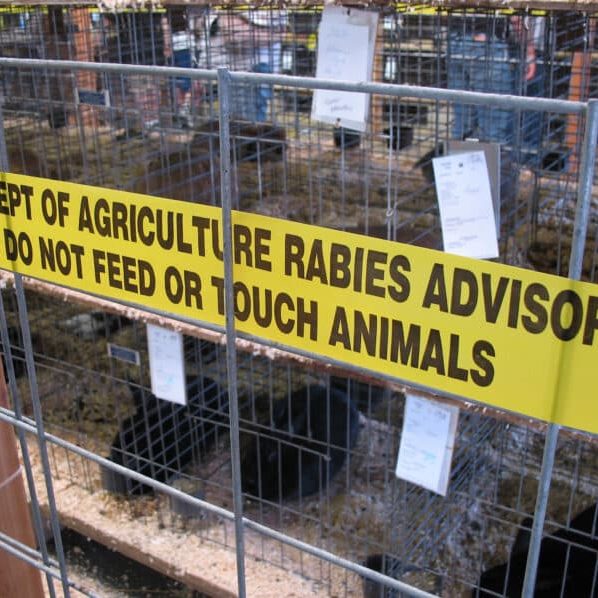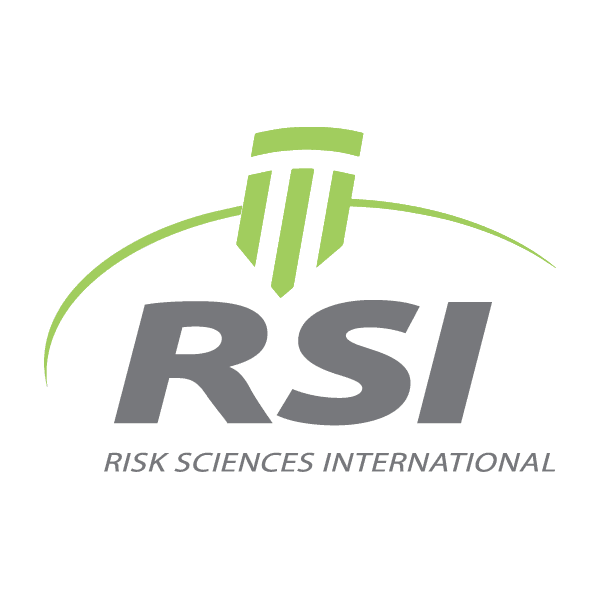Animal health is central to food security, public health, and environmental sustainability. The health of livestock, poultry, aquaculture species, and companion animals influences not only agricultural productivity but also zoonotic disease risks, trade dynamics, and the stability of food systems worldwide. Outbreaks of animal disease — whether highly pathogenic avian influenza, swine fever, or parasitic infestations — can devastate economies, disrupt global supply chains, and trigger public anxiety.
Managing animal health is complex because it intersects with human health and ecosystem stability. This “One Health” perspective recognizes that animal, human, and environmental health are interconnected, requiring collaborative approaches that transcend sectoral boundaries. Governments face the challenge of establishing surveillance systems, ensuring timely diagnostics, and implementing containment or vaccination programs. Producers and industry stakeholders must comply with biosecurity standards while also managing consumer expectations around food safety, welfare, and sustainability. Civil society, veterinarians, and scientific communities all play critical roles in shaping practices and policies.
Risk sciences are indispensable in this field. Epidemiological modeling, exposure assessments, and scenario analysis can help predict the spread of diseases, evaluate intervention effectiveness, and balance costs against benefits. By combining scientific evidence with stakeholder engagement, risk sciences enable better preparedness, informed policy-making, and effective communication to the public during crises.
RSI is committed to supporting animal health systems, bringing the expertise and experience needed to strengthen surveillance, resilience, and trust in this vital sector.

